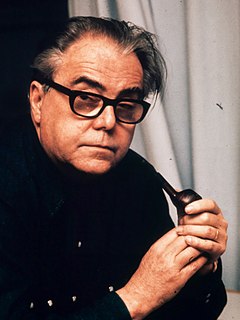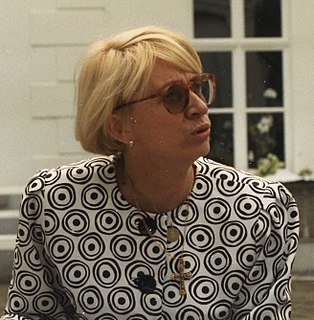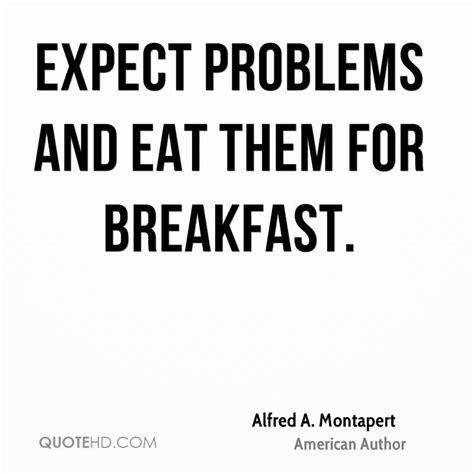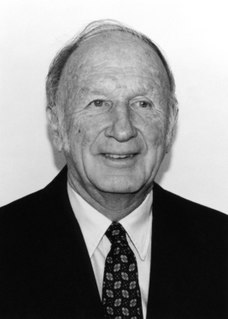A Quote by Max Frisch
The dignity of man is in free choice.
Quote Topics
Related Quotes
Man has been called a rational being, but rationality is a matter of choice... Man has to be a man-by choice; he has to hold his life as a value-by choice; he has to learn to sustain it-by choice; he has to discover the values it requires and practice his virtues by choice. A code of values accepted by choice is a code of morality.
When the psychiatrist approves of a person's actions, he judges that person to have acted with "free choice"; when he disapproves,he judges him to have acted without "free choice." It is small wonder that people find "free choice" a confusing idea: "free choice" appears to refer to what the person being judged (often called the "patient") does, whereas it is actually what the person making the judgment (often a psychiatrist or other mental health worker) thinks.
Man has been called a rational being, but rationality is a matter of choice-and the alternative his nature offers him is: rational being or suicidal animal. Man has to be man-by choice; he has to hold his life as a value-by choice; he has to learn to sustain it-by choice; he has to discover the values it requires and practice his virtues-by choice. A code of values accepted by choice is a code of morality.
If you were to force people to do something against their free choice, you would be dehumanizing them. The option of forcing everyone to go to heaven is immoral, because it's dehumanizing; it strips them of the dignity of making their own decision; it denies them their freedom of choice; and it treats them as a means to an end. When God allows people to say 'no' to him, he actually respects and dignifies them.
Albert Camus, a great humanist and existentialist voice, pointed out that to commit to a just cause with no hope of success is absurd. But then, he also noted that not committing to a just cause is equally absurd. But only one choice offers the possibility for dignity. And dignity matters. Dignity matters.
In the latter sense, a man has a property in his opinions and the free communication of them. He has a property of peculiar value in his religious opinions, and in the profession and practice dictated by them. He has an equal property in the free use of his faculties and free choice of the objects on which to employ them. In a word, as a man is said to have a right to his property, he may be equally said to have a property in his rights.







































